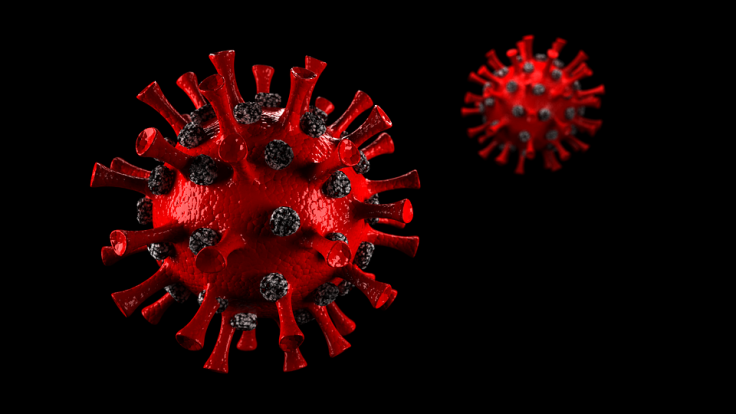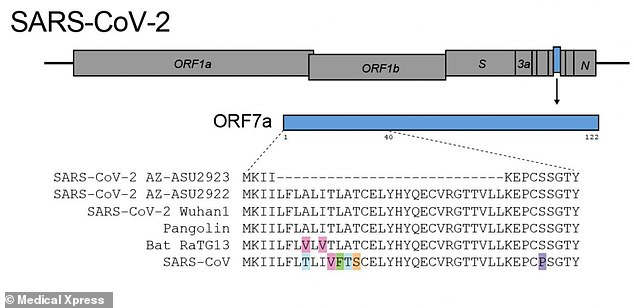A new mutation found in the novel coronavirus, bearing a startling resemblance to the SARS virus in 2003, hints at the possibility that the fatal virus might be weakening. The new mutation was discovered by researchers using next-generation sequencing.

The novel coronavirus, also called COVID-19, has infected nearly 3.6 million and killed over 252,000 people across the world. Scientists across the globe are racing against time to find a possible cure for the virus that has not only stopped the world dead in its tracks, but also crippled the global economy.
New mutation mirrors SARS virus
In a new study, a team of researchers led by Dr. Efren Lim, an assistant professor at Arizona State University's Biodesign Institute, used next-generation sequencing to quickly read the genetic code of the coronavirus, also called as SARS-CoV-2, by scientists.

The next-generation sequencing is a new technology which helps in ascertaining the spread, mutation and adaptation of the virus over time.
The study published in the Journal of Virology included a sample study of 382 nasal swab samples of coronavirus positive cases in the state. The scientists found that one sample was missing a significant portion of its genome. "Eighty-one of the letters were permanently deleted," the report said.
In a statement issued to the Daily Mail, Lim said: "One of the reasons why this mutation is of interest is because it mirrors a large deletion that arose in the 2003 SARS outbreak. Where the deletion occurs in the genome is pretty meaningful because it's a known immune protein which means it counteracts the host's antiviral response."
Weakened coronavirus still capable of making humans sick
The researchers wrote in the study that towards the middle and end stage of the 2003 SARS epidemic, the fatal virus amassed mutations which lessened its strength. "A weakened virus that causes less severe symptoms may get a leg up if it is able to spread efficiently through populations by people who don't know they are infected," the scientists were quoted as saying.

Admitting that it is too soon to predict or confirm if the coronavirus is starting to weaken, Lim said: "This is a drop in the bucket. One sample is the convincing thing we need to say 'Look at this,' meaning that if more coronavirus genomes are sequenced, scientists might find far more instances of this attenuated genome."
According to the report, the new mutation despite being a version with 81 deletions, is still capable enough of making a positive case sick. Till date, scientists have globally sequenced 16,000 coronavirus genomes.









